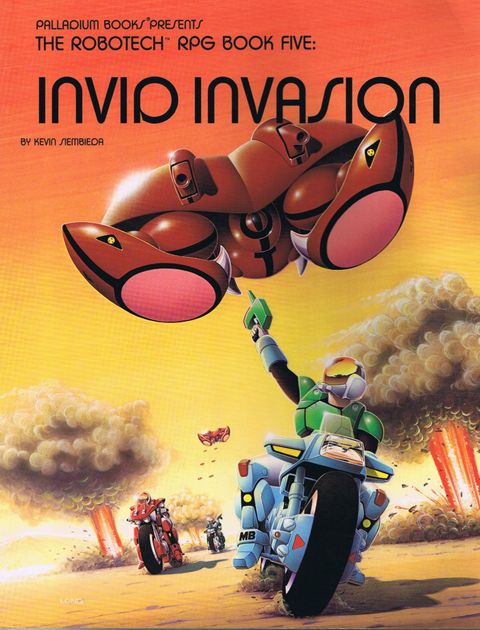What do the following RPGs have in common?



All three are "post catalysmic war" settings.
This is the "not fantasy" version of a typical D&D campaign, and therefore everything you learn about campaign play in a real D&D campaign transfers over to these RPGs.
There are differences, in that opposition forces in the former two are not a (more or less) unified front while it is in the latter; the former two are true "After The Bomb" sorts of post-cataclysm scenarios while the latter is a "Enemy-Occupied/You Are La Resistance!" variation.
Taking them as a wargame scenario and the similarity to a proper D&D campaign becomes clear.
You are fresh into the scene. You may go with a default objective ("Go home" for T2K, "Throw Off The Invid" for MOSPEADA) or pursue your own, but nonetheless you are still in the same operational evironment as in D&D.
You are in need of resources, you have others' issues to contend with, and the objectives of those others can--and some will--conflict with yours. You need to seek out and secure those resources, conduct diplomacy with those others, and balance their interests with yours as you pursue your objectives.
Other players will be playing those other parties, and they will be doing the same thing that you are. Your interactions will drive campaign play in an organic and emergent manner. Elements of Kriegspiel and Diplomacy will appear immediately, especially as the downtime play kicks off.
Those coming into the game with narrative assumptions--a problem in particular for Robotech/MOSPEADA--need to be sat down and told in no uncertain terms to leave those assumptions at home because they do not apply.
Apply JeffroGygaxian Timekeeping and the logistics and diplomacy elements becomes obvious. Where are you sourcing your mini-missiles for your Cyclone? How are you recharging your energy weapon batteries? How do you source parts for repairs and maintenance for your mecha, vehicles, and gear? These settings do not allow you to handwave these questions.
Apply Domain and Patron Play and the reality of these settings' inherent factionalism becomes too obvious to ignore. All of them are so open to blatant warlordism that sensible players should find it impossible to accept play without it, even if that warlord is just some guy in high-tech arms and armor lording over a small village. You also make it easy for other setting elements--MOSPEADA and Quislings--to get the attention that it should.
Some of these games support all of this much better than others--anything Palladium is going to be parasitic off of AD&D1e because of its chronic incompetence on such matters, and the current Robotech licensee is no better--but don't be surprised if you end up reaching for that Dungeon Master's Guide from time to time because so many RPGs ape D&D without giving it proper structural support.
You'll also find that there are "Sci-Fi" RPGs that also work just like a real D&D campaign. Some of those get mentioned tomorrow.
I liked reading the Palladium books but they never seemed like they could translate into actual play.
ReplyDelete